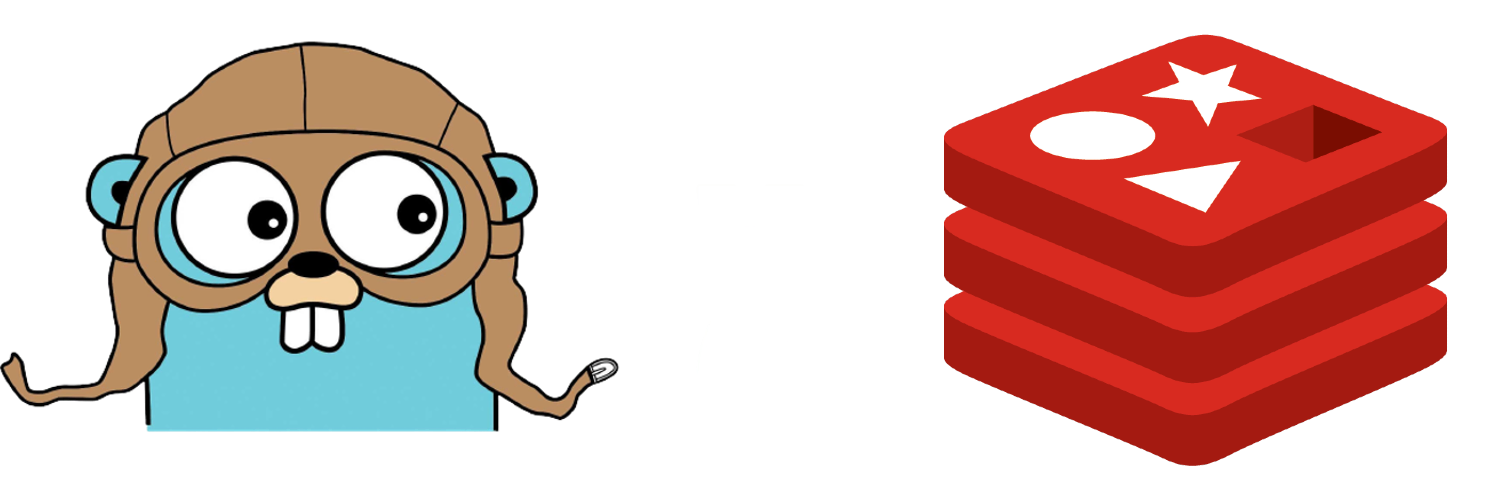Recently, I set forth attempting to conquer the land of safe systems programming, with my eyes set on Rust. After a week of my painful attempt at trying to learn the borrow checking system, hundreds of stack overflow searches and debugging — I decided that Rust just wasn’t for me (yet).
However, all hope was not lost; while browsing through some source code on GitHub, I noticed Go, a language which I have some past experience with. With this rekindled love for Go, I set forth creating my first major Go project: “Quickie”. Quickie is a REST API built using Gin, a web HTTP server framework similar to Express for JavaScript or Django for Python. Quickie is a redis caching layer for my data platform, datalink.
After briefly going through the Gin docs, I got started, building a general framework & playing around with it. Eventually, I began the redis implementation using redis-go, with two main endpoints, set & get (pretty self explanatory). While working with JSON data to store in the database, I familiarized myself with serialization & deserialization in Go along the lines of:
import (
"encoding/json"
"fmt"
"github.com/go-redis/redis"
)
type dataValue struct {
Table string `json:"table"`
Value any `json:"value"`
}
func main() {
client := redis.NewClient(&redis.Options{
Addr: "localhost:6379",
Password: "",
DB: 0,
})
var dataValues []*dataValue
dataValues = append(dataValues, &dataValue{Table: table, Value: value})
s, _ := json.Marshal(dataValues)
// Now we can finally store it in the database
_, err := client.Set(key, s, 0).Result()
}
Furthermore, I noticed how the pointer abstraction system was really simplified, which lead to quite less cluttered memory reference and dereference statements. Moving on, I realized rate-limiting was vital and therefore set it up too, with a handy little library. Overall, the developer experience with Go was amazing, in a concise way I would describe it as:
rust with a simpler and less stricter syntax, without a focus on highly idiomatic code
Anyway, Quickie is now open-sourced, so you can take a look at it for yourself if you’d like!


